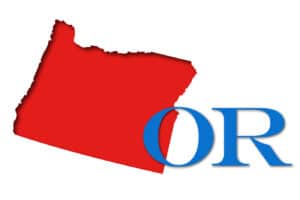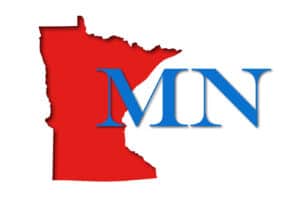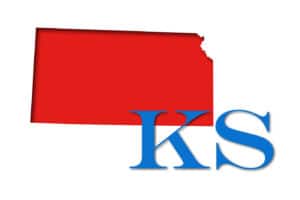Governor Gavin Newsom (D) announced that he signed 56 bills into law that incentivize and reduce barriers to housing and support the development of more affordable homes throughout California. This legislation streamlines housing developments, allows institutions like colleges and religious organizations to use portions of their property to build housing, and continues a state statute used to hold local communities accountable for their fair share of housing. Notably for NH&RA members, the package includes:
- AB 346: allow taxpayers to claim California state credits in the year buildings are placed in service irrespective of when TCAC issues 3521-A forms (the state version of federal form 8609);
- SB 4: by right housing development for religious institutions or independent institutions of higher education;
- AB 84: improves access to the welfare property tax exemption for affordable housing developments that utilize 501(c)3 bonds, including by allowing such a property to continue to receive the welfare exemption when a household’s income increases following initial occupancy, up to a maximum of 100 percent of the area median income;
- AB 281: requires that special districts provide the next steps in the review process for post-entitlement phase permits within 30 days for housing developments with less than 25 or fewer units and 60 days for 26 or more units;
- AB 480: clarifies and strengthens the Surplus Land Act (SLA) by closing enforcement loopholes in the SLA, creating an administrative declaration process for specific types of exempt surplus lands, standardizing public notices of availability and additional technical changes for consistency and clarity;
- AB 1449: exempts 100 percent affordable housing developments from California Environmental Quality Act (CEQA) review provided the projects meet specific criteria, including adhering to labor standards;
- SB 423: extends the streamlined housing approvals in cities and counties that have not met their fair share requirements;
- SB 341: prevents private affordable housing developers, when applying for highly competitive award incentive programs, from being unfairly penalized for the actions or inactions of the city or county in which the development is located;
- SB 439: curbs the potential for lawsuits against proposed housing, including under CEQA by creating a special motion to strike a challenge to the approval or permitting of an affordable housing development;
- AB 1307: stipulates that the impacts of noise generated by students and visitors are not significant environmental impacts;
- SB 469: reforms Article 34, a provision in the California Constitution that was authorized by the voters in 1954 to limit the creation of new affordable housing by mandating that a local election be held to approve new publicly-funded affordable housing. The law aims to increase the number of projects that can bypass voter approval, as long as the affordable housing development includes certain types of departmental funding or tax credits aimed at creating affordable housing;
- AB 1287: modifies state Density Bonus law to allow developers to apply for a moderate-income density bonus in cases when the developer has already included the maximum number of low- or very-low-income units in the proposed development; and
- AB 1490: incentivizes affordable housing adaptive reuse projects by mandating expedited permit approval times and lowered energy bills.



